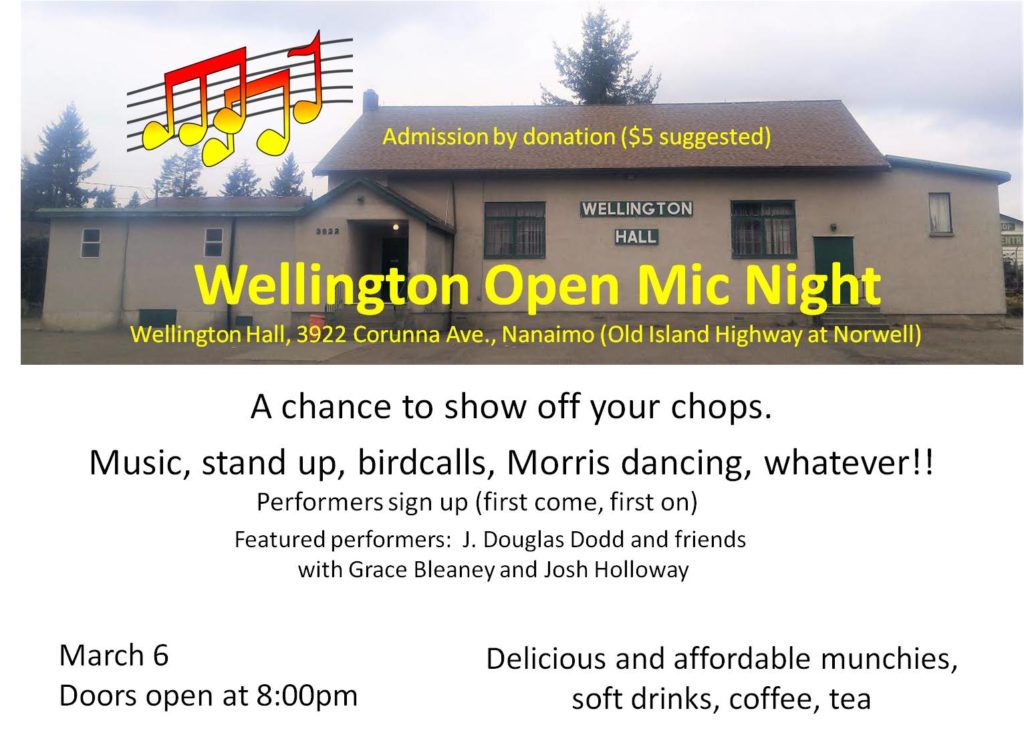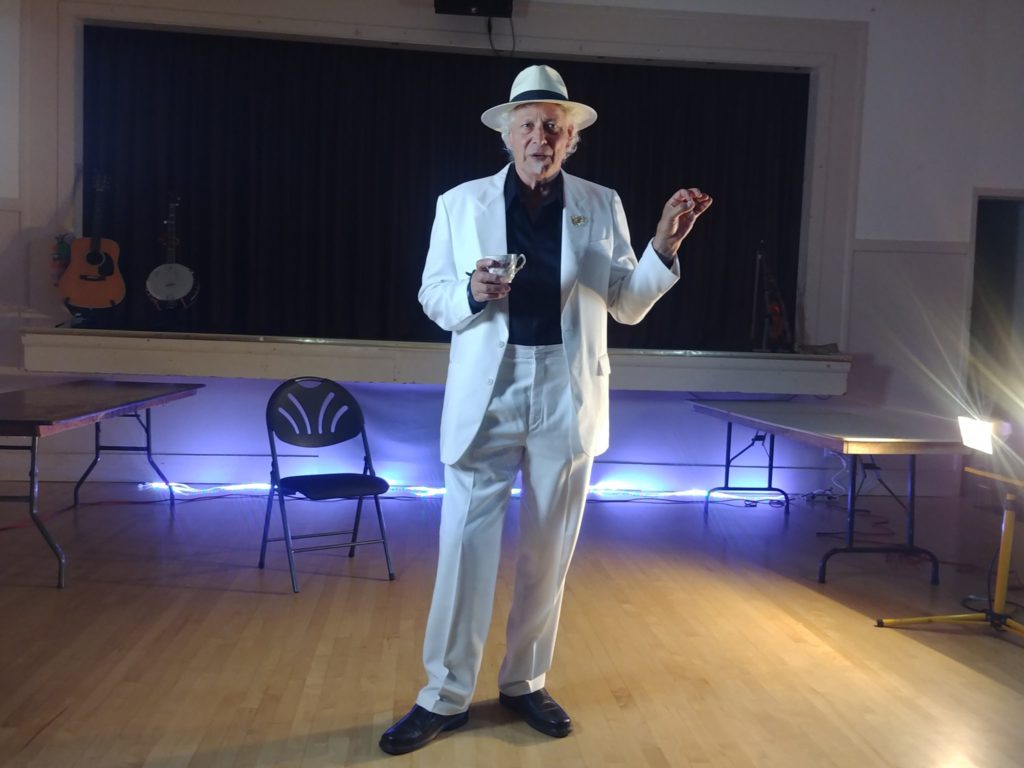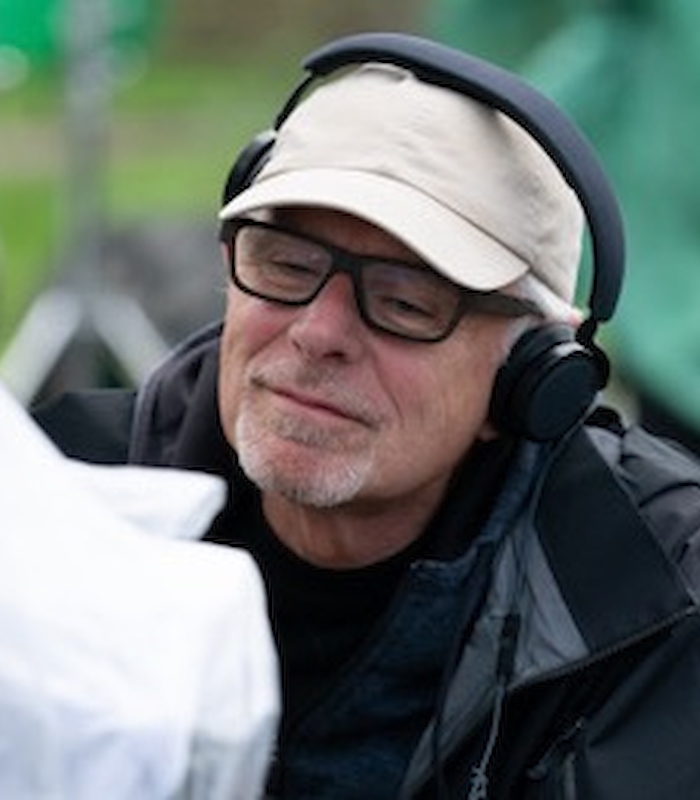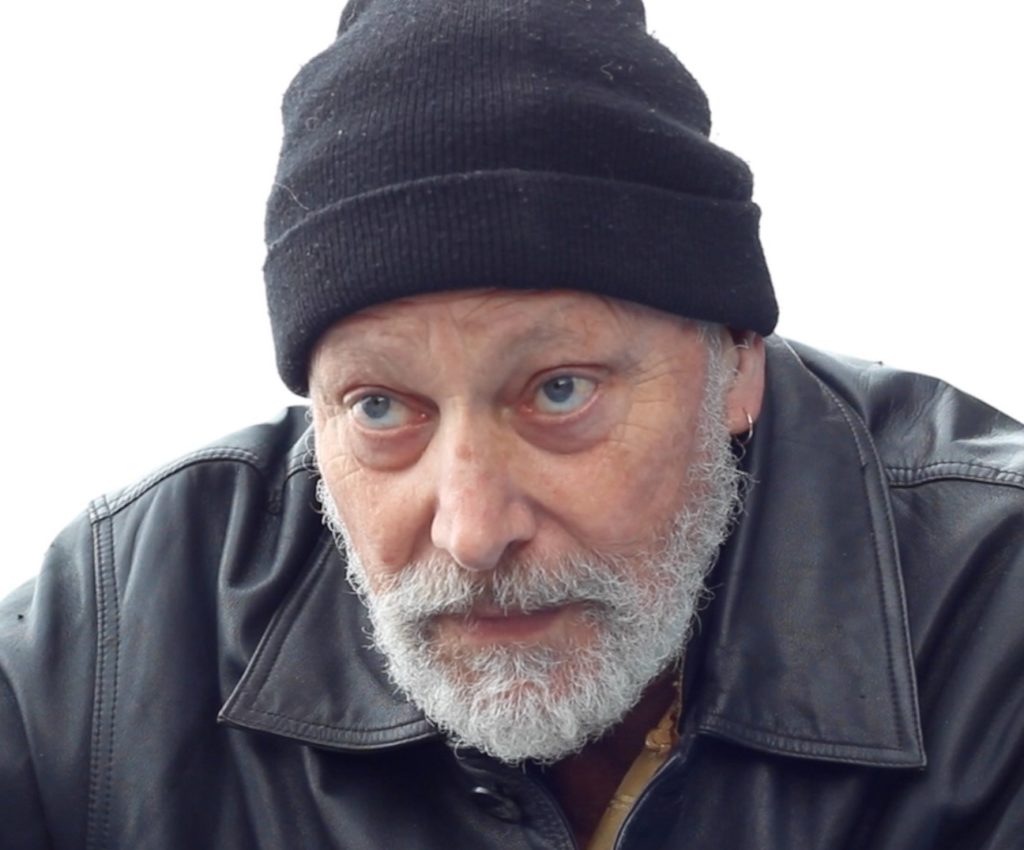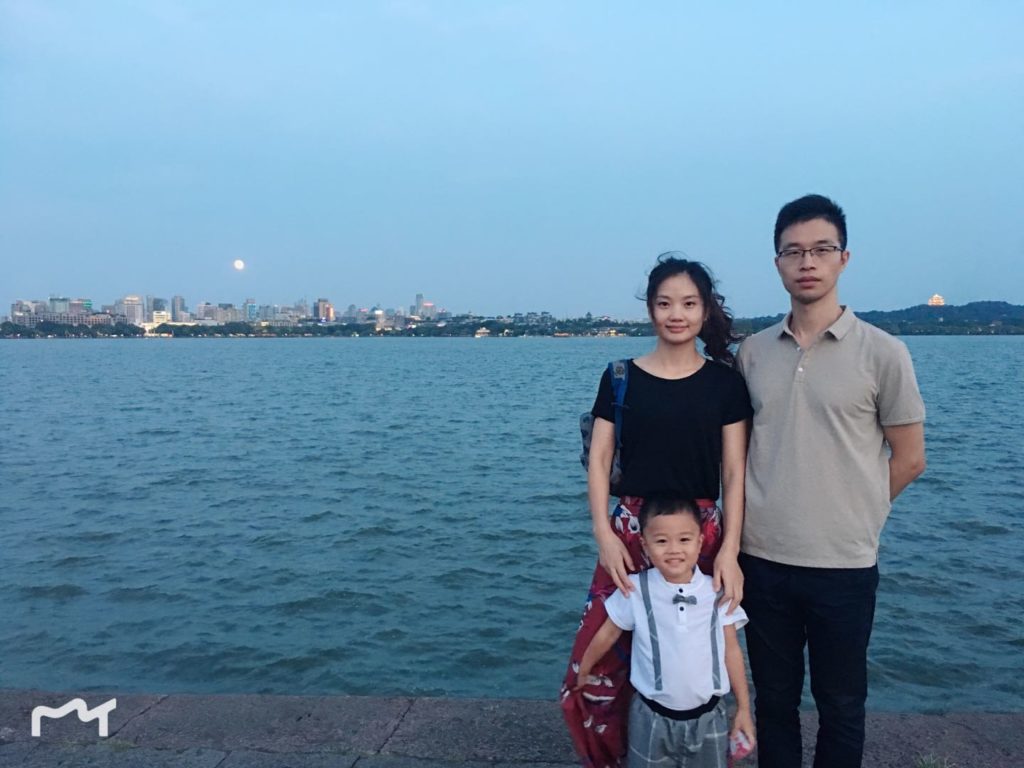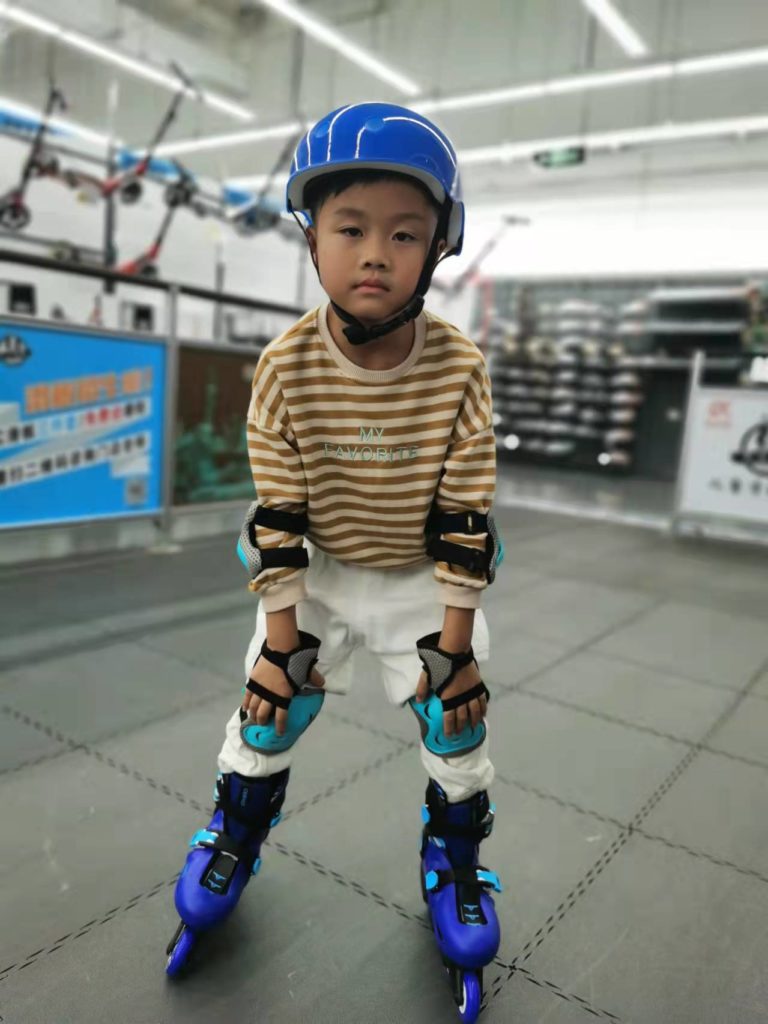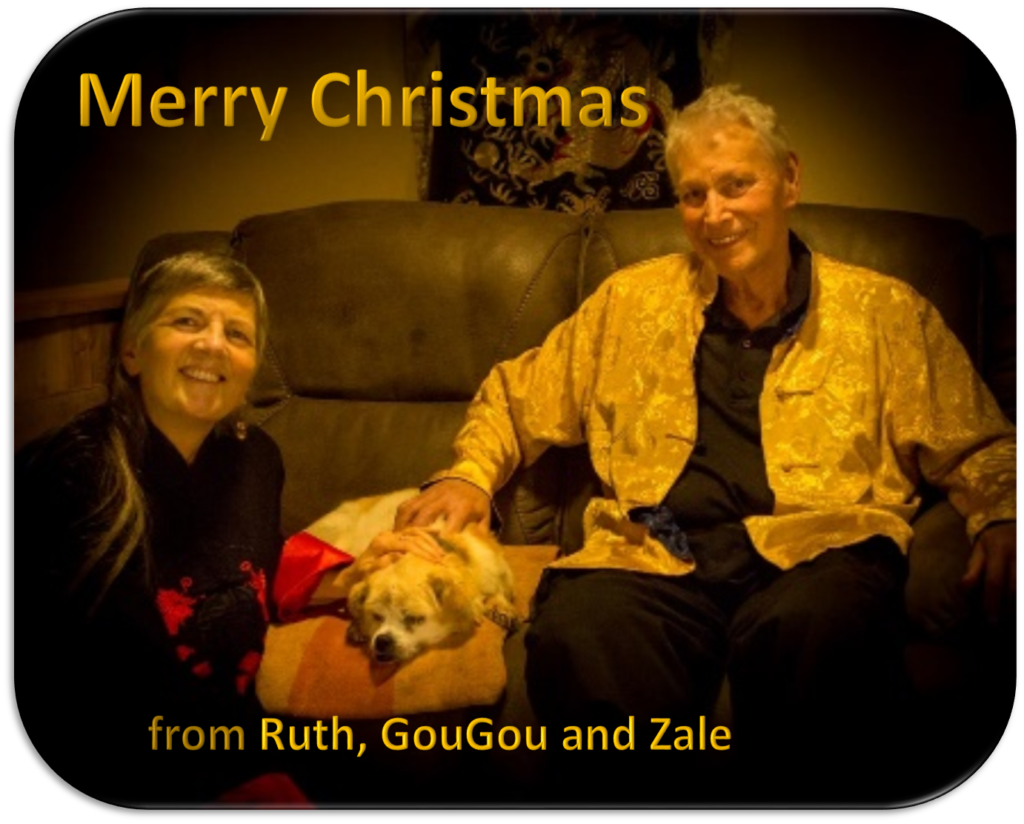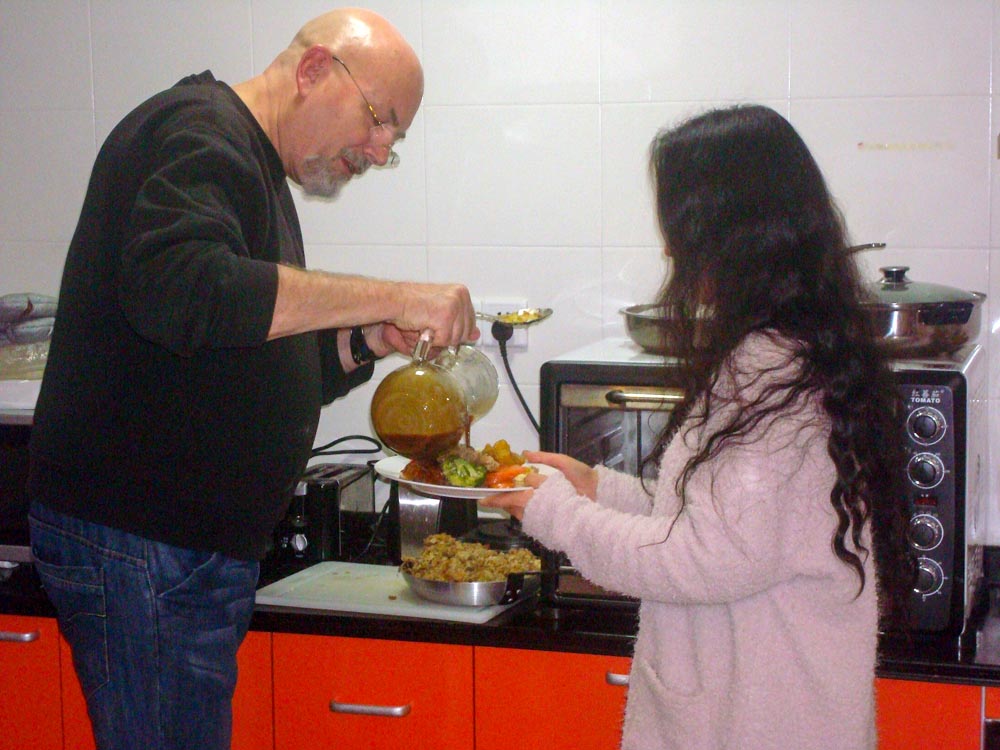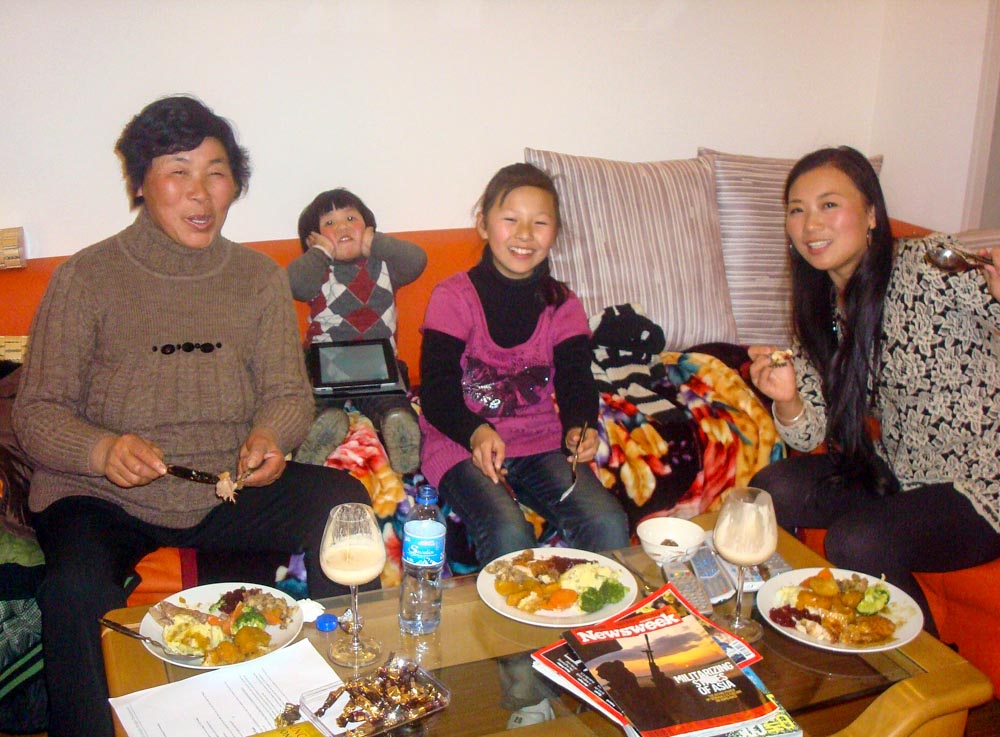I have touched on the Scotland trip in a previous post, if you care to search for it. Categorized as Music I’m involved in I think, or cancer. But I left out the important details, the why of why it happened. So this is the thing:
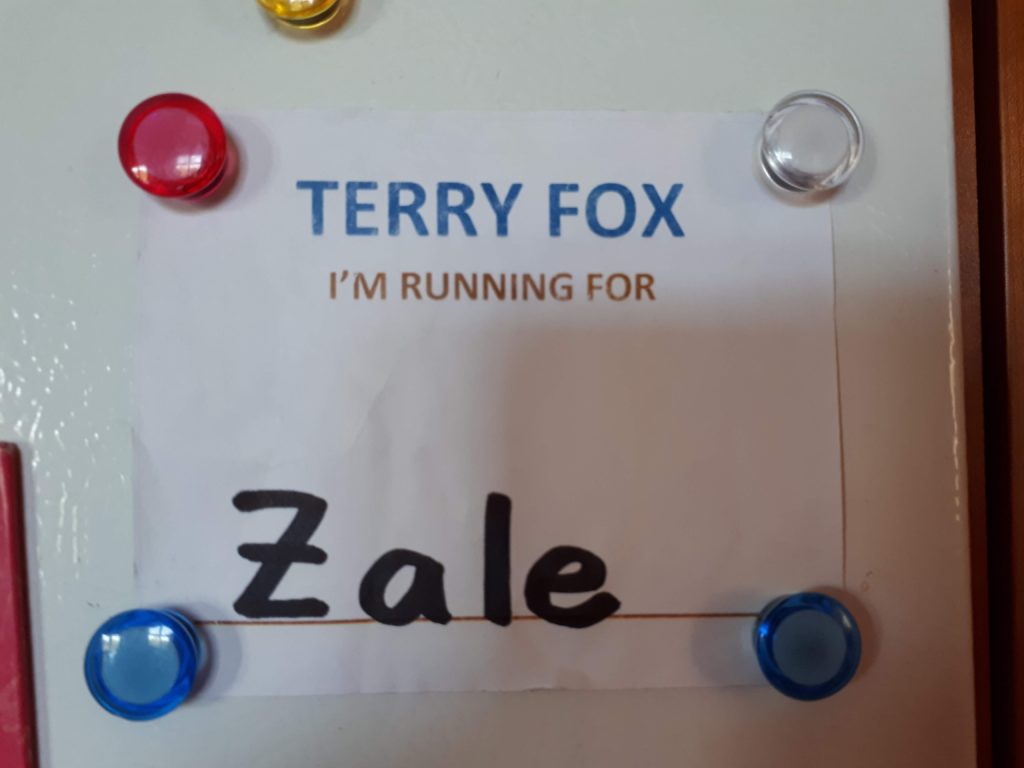
A few years ago, my PSA level was rising alarmingly. PSA stands for Prostate Specific Antigens and is a marker for prostate cancer. The PSA level is now a routine part of most blood tests for men. A rising PSA level is not good.
More tests followed, and eventually a biopsy of specific spots in my prostate. That resulted in a Gleason score, which I don’t remember and don’t really understand. All I know is that my Gleason score indicated a high likelihood of cancer.
The next test was a CAT scan of my whole body. I was told that it is very sensitive, and if the cancer has metastasized, i.e. escaped the prostate and invaded the rest of the body, the CAT scan will show it. I had to wait through a weekend for the results, and in the meantime I asked Dr. Google, who told me that the one year survival rate if the cancer has gone into the bones is forty five percent. The five year survival rate is one percent. Gives a person pause, eh.
The following week, with results in, I could breath a sigh of relief. The cancer had not gone into my bones. Treatment of the cancer in my prostate would probably stop it in its tracks, and give me decades more time to enjoy my life.
The doctors recommended three forms of attack – hormone therapy, radiation therapy, and brachytherapy. Prostate cancer feeds on testosterone, so the hormone therapy cuts off the supply. In the old days this was done simply by castration. Doctors don’t want to tell a patient that they are going to cut his balls off, so they call it a bilateral orchiectomy. Nowadays this is accomplished with drugs, specifically an injection of leuprolide acetate, commonly called lupron, into the abdominal cavity.
Radiation therapy, which I liken to sticking your ass in a microwave oven, simply focuses beams of microwaves from several directions at the prostate to kill the cancer cells. It is inconvenient, in that it involved traveling to a major city for the treatment every weekday for several weeks, but painless.
The brachytherapy involves planting radioactive seeds of iodine in the prostate. It requires a general anesthetic, but otherwise is not a big deal. I was given a card to show to the customs people if I ever want to leave the country or board a plane, explaining why I’m slightly radioactive.
Which is not to say that these three treatments, combined, are not a big deal. Testosterone is a very important male hormone. It affects everything, from energy level, mood and depression, to sex drive. The radiation therapy and brachytherapy did a good job of destroying the nerve that allows an erection. So, say good bye not only to sex, but to the sex drive too. That’s something I really miss.
I’m now taking four large pills daily each containing 240mg of Apalutamid (trade named Erleada). This is a new drug, not yet approved by the B.C. Medical plan, and would cost $4000/month if it weren’t supplied by big pharma “on compassionate grounds”, meaning, if I want to be cynical, that they need more test subjects. It’s a testosterone blocker, negating any action by whatever testosterone I have left. So far the only side effects seem to be that I’ve lost all my body hair and been returned to a pre-pubescent condition.
But what does all of this have to do with the Scotland trip? Sit back and relax, I’m getting to it.
Some time after I had all these treatments, my cancer seemed to be under control but the science marches on and a new kind of radiation scan was in development. My oncologist signed me up and sent me to Vancouver to be part of the trial, to get another radioactive injection and enjoy another slide into the big spinning doughnut for a PET scan. I was told that it would be a couple of weeks before I learned the results, but my oncologist phoned me after two days. He didn’t sound happy. The new test showed cancer in the bones of my pelvis, and in my lymph glands all the way up into my neck. To me this sounded like a death sentence.
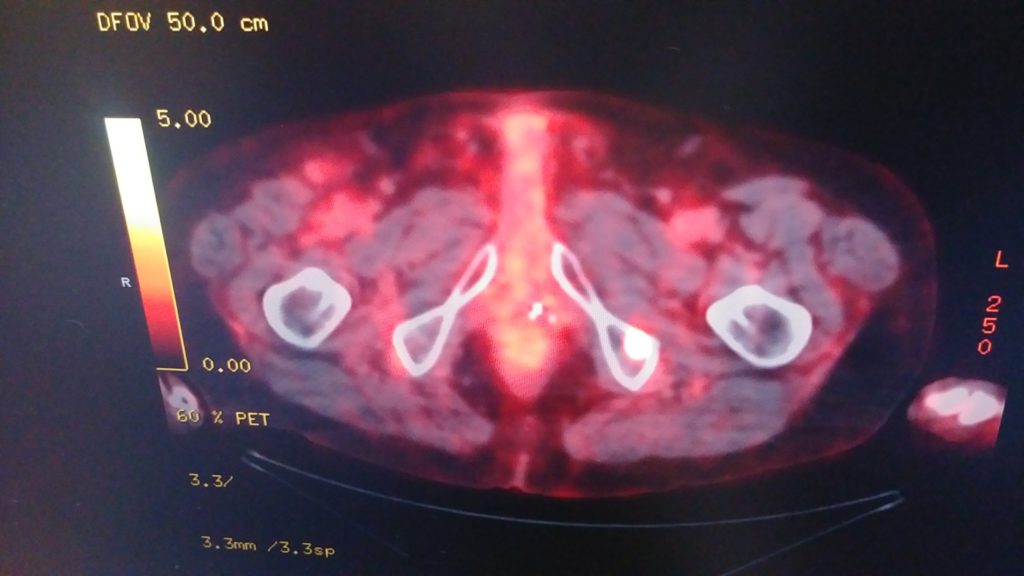
I told my wife, Ruth, about these results. We spent an evening cuddling and processing. That Sunday at the Unitarian fellowship, during a segment of their service called “Joys and Concerns” in which the congregation is encouraged to briefly share events in their lives, I made an announcement: “I’ve had some terrible news. Somebody very close to me, somebody I love, has just been diagnosed with terminal cancer. (pause for effect) And unfortunately it’s me.”
Cue digression cam: I am not a member of the Unitarian Fellowship. In pre-pandemic days I would show up after the services for the potluck snacks and conversation. My wife is very involved with the group, and has served on their board of directors for the past few years. They have provided a great community for her on her arrival in this new town with me.
I am a radical atheist. The Unitarians are the closest thing to a church that I can stand to enter. They are very accepting of all religious and spiritual views, including atheists, and I’ve felt very welcomed there. Many in the congregation describe themselves as “spiritual but not religious”, or agnostic, or even atheist like me. In fact, one of my favourite members was the second woman to be ordained as a minister by the Lutheran church. On the day after her retirement, following decades of work in a hostel comforting the dying and their loved ones, she burned her clerical collar and announced that she didn’t believe any of it.
What Unitarians have in common is that they all want to be good people. They are very involved in social justice issues, inclusion, environmental issues like climate change, and every other progressive cause. They have sponsored a Syrian immigrant. They run a homeless shelter in the basement of the building they own. Their sermons never talk about sin, redemption, or salvation, but more about compassion, caring, forgiveness, and appreciation. I appreciate the support they have provided for my wife, and, inadvertently, for me.
To get on with this story, after the diagnosis, and my bombshell announcement at the Unitarian fellowship, Ruth and I commenced what we describe as our “crying tour”. We visited our closest friends to give them the news. Our second or third stop was to see Rod and Chao, an amazing couple we met at an Immigration Welcome Center appreciation dinner; Ruth and I had volunteered to help a Syrian family adapt to life in Nanaimo. By great good fortune, I happened to be seated beside Rod Szasz, only one of the most amazing people I have ever met, avid historian, mountain climber who has been to the base camp on Everest, local forest ranger and search and rescue volunteer, fluent in Japaneses, entrepreneurial businessman. His Chinese wife, Chao, is equally impressive. The two met in Japan, and their eldest daughter, Akela, is also fluent in Japanese. Shortly before she graduated from high school, she was flown down to Miami to compete in a judo competition, following which she flew to Beijing to compete in a classical voice competition. Since graduation she’s been studying medicine in Scotland. Their youngest daughter, Kipling, has been my fiddle buddy since she was a child.
And now, if you are still with me, we’re getting to the reason Ruth and I ended up in Scotland. Rod and Chao were in their kitchen when I gave them the news about my diagnosis and prognosis. Rod immediately rushed out of the room and came back with a bottle of expensive scotch, telling me to take the bottle home. “I’m taking you to Scotland,” he announced. He had a trip planned for just before Christmas to meet up with Akela.
I told Rod to keep the bottle and I would return to drink it with him, which turned out to be a mistake because he had another friend he felt he needed to share it with. And my initial reaction to the invitation to travel with him was that I couldn’t let him go to that expense.
Kipling, meanwhile, had been sleeping. She came into the kitchen all sleepy eyed, and immediately picked up the mood and the look on her parents faces. “What’s going on?” she asked. So I told her. Now, Kipling is a very reserved young lady. While I’ve spent a bit of time with her, and taken her with me to fiddle sessions in Qualicum Beach, I wasn’t even sure that she liked me, or whether she was just going along with the urging of her parents. But Kipling crumbled when she got my news. She came to me crying and climbed into my lap and hugged me, sobbing. When I got her calmed down, we got out our fiddles and played “Aspen Grove” together, and “Calum’s Road”. That’s when the idea of playing “Calum’s Road” on Calum’s Road entered my head, along with the thought that I would eventually give my wonderful, and expensive, Italian fiddle to Kipling, an acceptable trade for a trip to Scotland.
The next day, Kipling ran in the Terry Fox run for Cancer wearing a sign that read “I’m running for Zale”. Ruth and I made plans to go to Scotland. Ruth had decided to come along, and to pay her own way.
So off the four of us went, Rod and Kipling, me and Ruth. Rod took care of all the bookings, arranging the AirBnB accommodations, the car rentals, the navigation. We met up with Akela just as her exams were finished and set off for what we later called the cemetery and castle tour.
Kipling and I played “Over the Sea to Skye” on the Isle of Skye.
We played “Calum’s Road” on Calum’s Road.
We played “Hut on Staffin Island” in Staffin.
We played “Neil Gough’s Lament for the Death of His Second Wife” in Doran Castle.
We played “Flowers of Edinburgh” in an Edinburgh cemetery.
Rod began each day with an early morning run. He lead us through a wonderful selection of old cemeteries, which, on seeing endless tomb stones with the names of parents followed by six or eight children who died at various ages, left me wanting to slap an anti-vaxxer upside the head when I returned to Canada.
Along the way we met some beautiful people and had some interesting conversations.
All in all, it was the trip of a lifetime. I used to think that I didn’t want to see death coming. That I wanted to be walking in the park and foolishly left my protective garbage can lid at home when a meteorite slammed into my skull and killed me instantly. Or, failing that, to simply fall asleep and die quietly in the night, not realizing I was dead until the morning. But I wouldn’t have missed all of this for the world.
You are, no doubt, by now familiar with the Kubler-Ross formulated stages of dying. They begin with denial on receiving the dreaded news; this can’t be happening to me; I’m not really that sick; I feel fine. Then progress to anger; This isn’t fair; I don’t deserve this. And then bargaining; Okay, it’s not too late; I’ll clean up my life style and eat healthy, or accept Jesus or somebody else into my heart. Then the penultimate, depression; Why bother getting out of bed; I’m going to die anyway. And then finally acceptance. Death happens to everybody. It’s just my turn. I’ll just try to make the most of the time I have left.
I’ve always believed that the first four stages are a waste of emotional energy. Far better to simply vault over them to acceptance. Of course that is easier said than done when dealing with emotions. But that is what I do, as much as I can. If I have to die, experiencing the Scotland trip made it worth it. That and the loving support of my wife and friends.
Anticlimax: As you may have guessed, my reaction to the news that the cancer had metastasized into my bones turned out to be an overreaction. After a consultation with my oncologist, I’ve learned that, with advances in treatment, prostate cancer is quickly becoming a chronic disease, rather than a fatal one. He insists that I’m going to die eventually, but of something else, possibly old age. My PSA numbers, thanks to the apalutamide, are down into the low decimals, which means that the cancer is not active. I feel a bit foolish for making such a fuss. On the other hand, it’s been worth it just to experience the reaction from friends and family. I have spent most of my life feeling foolish, so I guess I can live with this.

